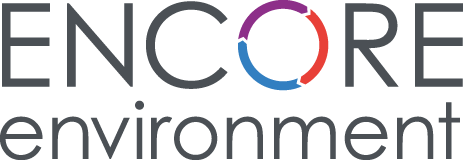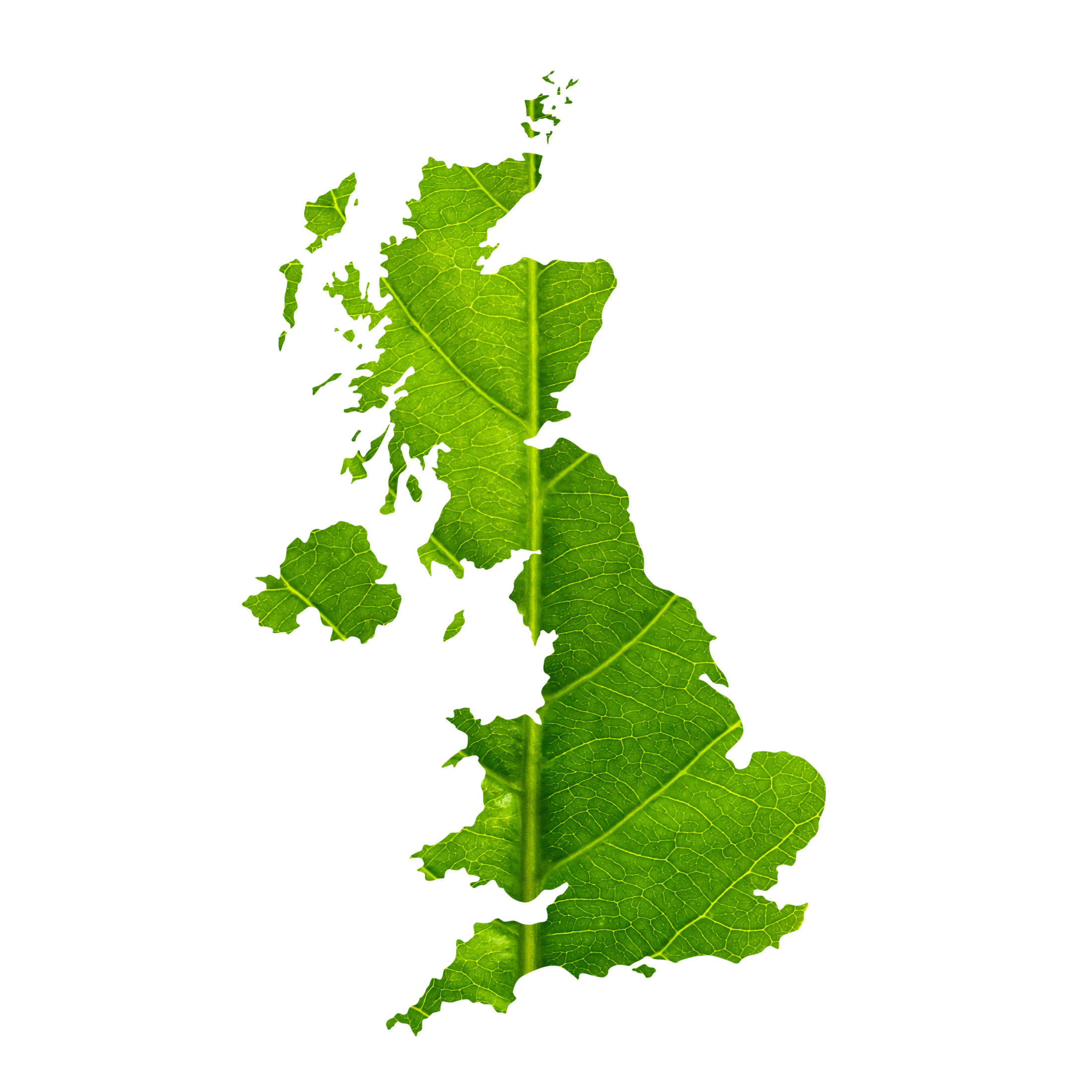In November (18 November 2020), the Government released its £12bn ‘Ten Point Plan for a Green Industrial Revolution’ which has been projected to create and support up to 250,000 green jobs across the UK and drive forward a green industry revolution. It covers clean energy, carbon capture, transport, nature and innovative technologies and focuses on supporting the UK reach net zero emissions by 2050.
Encore Environment welcomes these commitments from the UK Government which has re-focussed attention on green strategies and sustainability following the overwhelming impact of the pandemic this year.
The plan focuses on increasing ambition in the following areas:
- Advancing offshore wind
- Driving the growth of low carbon hydrogen
- Delivering new and advanced nuclear power
- Accelerating the shift to zero emission vehicles
- Green public transport, cycling and walking
- ‘Jet zero’ and green ships
- Greener buildings
- Investing in carbon capture, usage and storage
- Protecting our natural environment
- Green finance and innovation
Rachel Rowley, managing director at Encore Environment said: “It is rare that this amount of investment is focused into one green economy plan, so the green industrial revolution plan is a huge step forward for climate change action and of course very encouraging to hear that new green industries and jobs will be created because of it!
In our line of work as waste management and environmental consultants, points 4,7,8 and 9 are of particular significance to us and our clients. As accredited BREEAM assessors, we work across all standards and ratings covering residential, new construction, education, refurbishment and fit-out, offices, and retail, so we have the expertise to advise on the sustainability of design, construction and the use of buildings and consequently the reduction of carbon emissions. We can also help advise where carbon can be saved in travel plans, delivery and logistics documentation as companies start to phase out the use of heavy goods trucks running on diesel fuel and we see an increase in electric and hybrid vehicles.
The key to achieving reduced carbon and net- zero targets, both for waste management and BREEAM, is for us to be engaged early with the project leaders and design and engineering teams to provide data around what decisions they are making and what the impact is – ideally at RIBA stage 2. Early supplier involvement with greater coordination based on BIM, would help reduce carbon, reduce costs, define value indices and improve performance overall.
In addition, our expertise with Project Divert within our waste management audits enables us to give construction companies real data on generating carbon savings through implementing carbon-saving waste reduction strategies which help the environment and local communities, and importantly generate monthly carbon savings reports that can automatically link to BREEAM WST01 reporting. Whether it’s a BREEAM job or not we are here to help improve your carbon targets.”
If you have any thoughts on this, we would love to hear from you.


